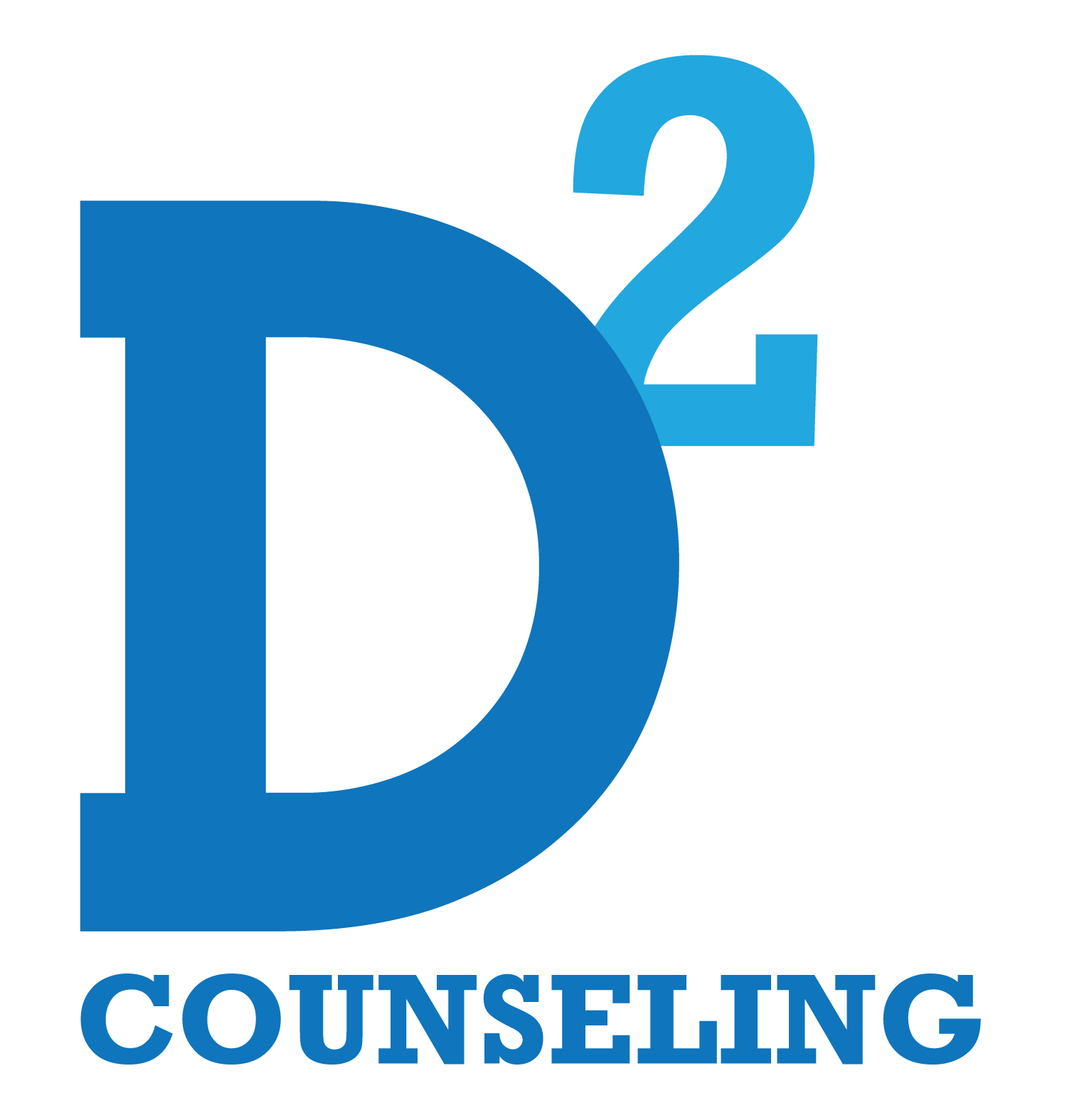As remote working became a part of normal life for many during the pandemic, the concept of remote therapy grew in popularity alongside it. Although it began as a sanitary measure to combat the spread of COVID-19, online counseling was quickly spotted by investors who saw it as a business opportunity.
The original goal for therapy offered online via video calls, emails, or texts was to make mental health care more convenient and at a lower cost than traditional therapy. Proponents of digital therapy also appreciate that it can be more accessible for people with busy schedules, clients in remote rural areas, and those who may feel reluctant to show up in person due to the stigma surrounding mental health.
Those positive attributes are concepts supported by many. However, the groups investing in “e-counseling” wanted these businesses to grow as fast as possible, treating therapy as if it was any other commodity and not a sensitive form of health care. To promote the growth, millions of dollars went and continue to go toward advertising for online therapy on social media, podcasts, and celebrity interviews.
Critics say that e-counseling platforms have been too focused on growth and not enough on the strength of their service. Therapy may be more widely available today than ever, but quality therapy is what truly improves lives.
As there was an influx of customers during the pandemic, the demand to hire more counselors may have led to reduced hiring criteria for training and experience. Further, there is general confusion over what licensing laws apply to these online therapy providers, as one client could in theory be treated by a therapist across the world.
Some counselors have taken to social media to share their own grievances with the new digital therapy industry. Their criticisms of these digital platforms include underpaying therapists, sharing client mental health data with third parties, and enforcing policies that may make online therapy less effective than traditional therapy. The permanent digital gap between the provider and client could make it difficult for the therapist to properly assist their client in an emergency situation.
Although there is disagreement within the mental health field around the effectiveness of online versus in-person therapy, there is certainly more agreement on the need to regulate this new e-counseling industry as it rapidly grows.
For those who are looking for both flexibility and the highest quality of care, D2 Counseling offers highly-trained therapists that take a holistic and practical approach to therapy, including proven and effective techniques that are based on scientific and spiritual principles. At D2 Counseling one can expect a balanced style stemming from diverse training and backgrounds. With the option to join both in-person and online groups in addition to traditional therapy, you can expect quality care that remains convenient and flexible.




